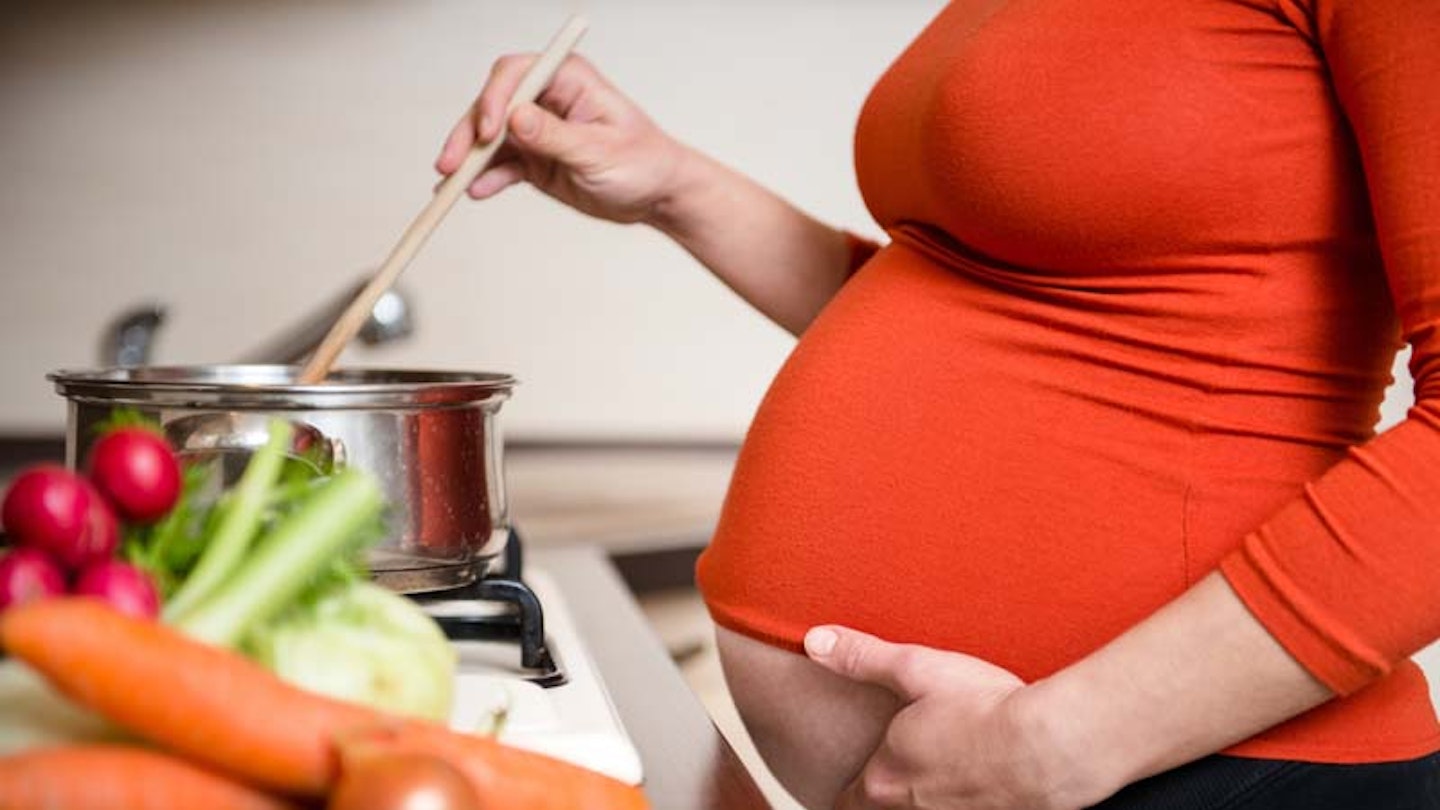During pregnancy, you might feel overwhelmed with the amount of information thrown at you about what you should be eating, what supplements you should be taking, and what nutrients are best for your baby’s development. Here are 5 key nutrients that are important during your pregnancy:
Folic Acid
Folic acid is important before pregnancy and in the first trimester to help prevent neural tube defects, and is recommended by the Department of Health for all women during the first 12 weeks of pregnancy.
Vitamin D
Vitamin D contributes to the maintenance of normal bones through normal calcium and phosphorous absorption. The Department of Health recommends that pregnant women should supplement with vitamin D.
Omega 3 (DHA)
Omega 3 (DHA) contributes to babies’ brain and eye development, and to maintenance of normal brain function.
Iron
Iron helps to support normal blood formation and contributes to the normal function of the immune system.
Iodine
Iodine contributes to normal cognitive function, and during the first 12 weeks of pregnancy, to babies’ brain development.
Midwife Clemmie Hooper says: “With so many misconceptions in pregnancy, mums often feel bombarded with information about what they can’t do and can’t eat, rather than what they can. It’s important we support mums by giving them the information and the tools to provide themselves and their babies with the best possible start.”
nutrimum cereal bars are an alternative to daily supplements, making it easy for you to fortify your diet in pregnancy. One nutrimum bar per day helps you meet Department of Health recommendations, providing 100% RNI of folic acid and vitamin D during pregnancy, as well as other key nutrients such as iron, omega 3 (DHA) and iodine.
